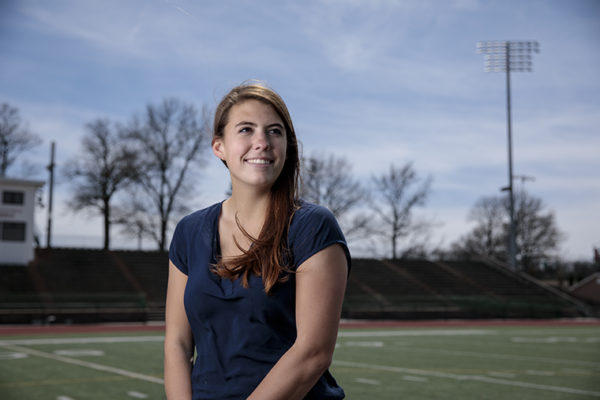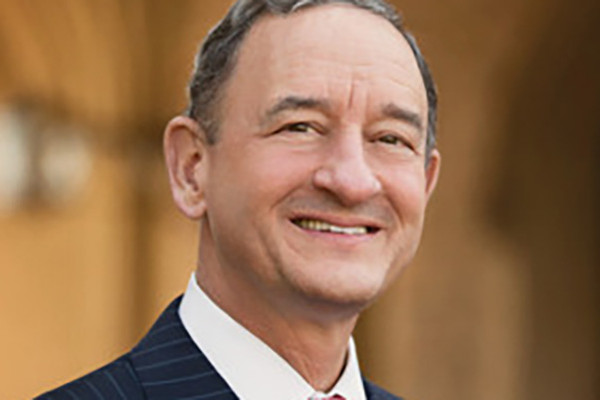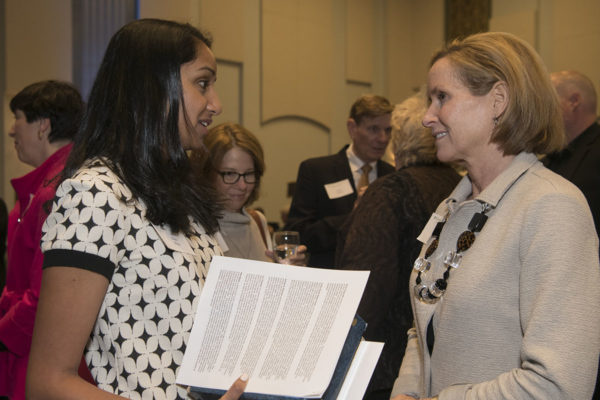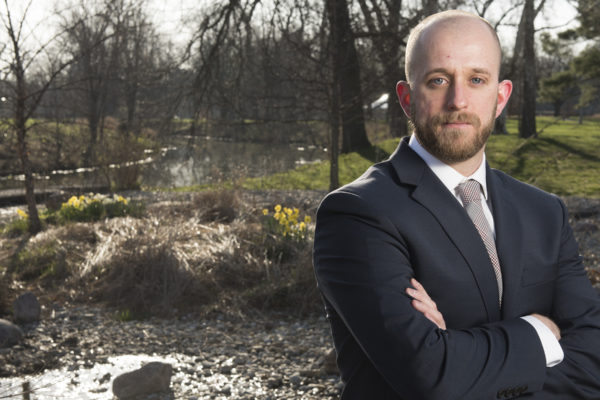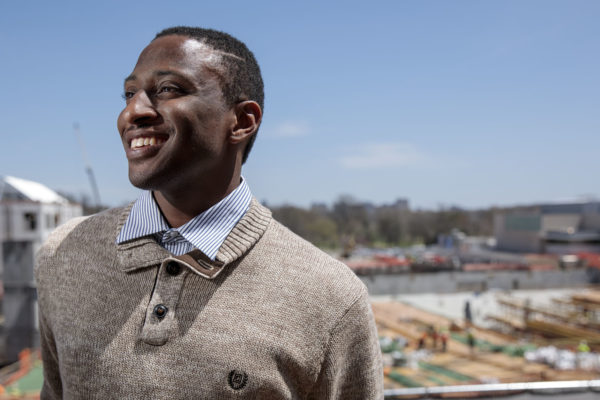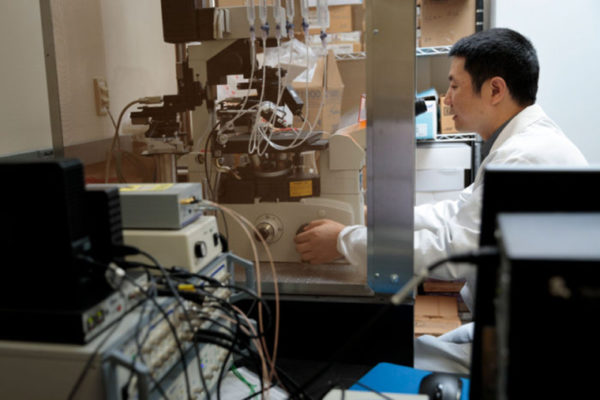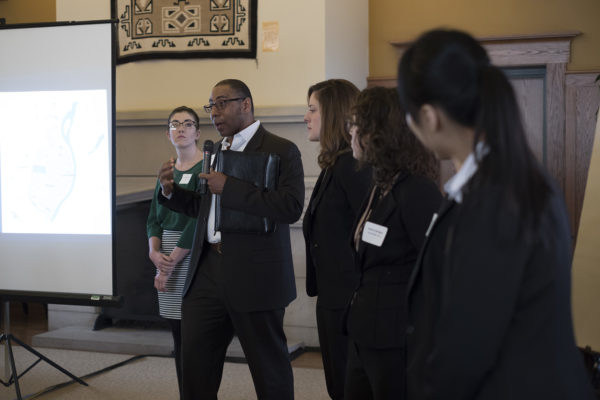Class Acts: Working toward restorative justice
The Brown School’s Najjuwah Walden, once of the system, aims to take on institutional violence as part of the system. Her post-graduate career will focus on reproductive and sexual health, particularly as it relates to institutional racism and economic stability.
Class Acts: The problem solver
From peer leadership in a groundbreaking campus group to netting a legendary goal for the women’s soccer team, Megan Wolf, math major, worked many angles to make Washington University a better place than she found it.
Where therapeutic intuition meets technology
A new suite of technology tools developed by David Patterson Silver Wolf, associate professor at the Brown School, aims to enable addiction and behavioral health professionals to monitor their own treatment services, as well as their patient’s recovery process, using data as their guide.
Trustees meet, elect new board members and officers
At its spring meeting, held Friday, May 4, the Board of Trustees at Washington University in St. Louis elected five new members, re-elected three members and also elected officers, among other actions, according to Chancellor Mark S. Wrighton.
Women’s Society gives leadership awards, scholarships
The Women’s Society of Washington University announced the winners of the Harriet K. Switzer Leadership Award and the Elizabeth Gray Danforth Scholarships during the group’s annual membership meeting in April.
Class Acts: Managing the flow
For Tim Briscoe, JD candidate in the School of Law, the Interdisciplinary Environmental Clinic offered a unique opportunity to learn about the Missouri River — and make a case for “two birds and a fish.”
Class Acts: Studying the data
As a student, Channing Hunter has helped municipal leaders in inventory and understand carbon emissions data so they can launch policies that improve the environment, human health and the economy. “It all starts with the data,” Hunter says.
How a light touch can spur severe itching
Researchers at the School of Medicine have discovered, in mice, why a touch can cause such severe itching and, in the process, identified some possible therapeutic targets.
WashU Spaces: Sophomore Camryn Okere
The Thomas Eliot B House room of Washington University in St. Louis sophomore Camryn Okere is more than a place to crash and study — it is a curated collection of art, an expression of her personal ethos and a modern marvel in storage. It is also the winner of the Office of Residential Life’s inaugural Room Decorating Contest.
Taking aim at racial disparities in infant mortality
This spring, two teams comprised of multidisciplinary graduate students from the Brown School, Olin Business School and the School of Law took part in the first-ever Social Innovation Initiative, tackling the problem of infant mortality in St. Louis.
View More Stories

